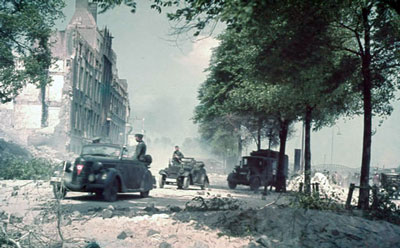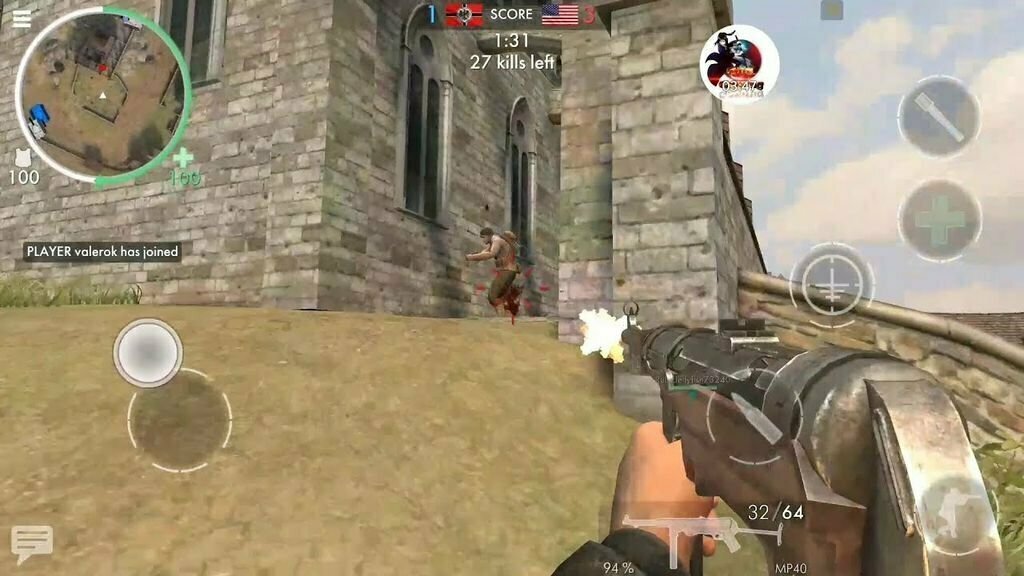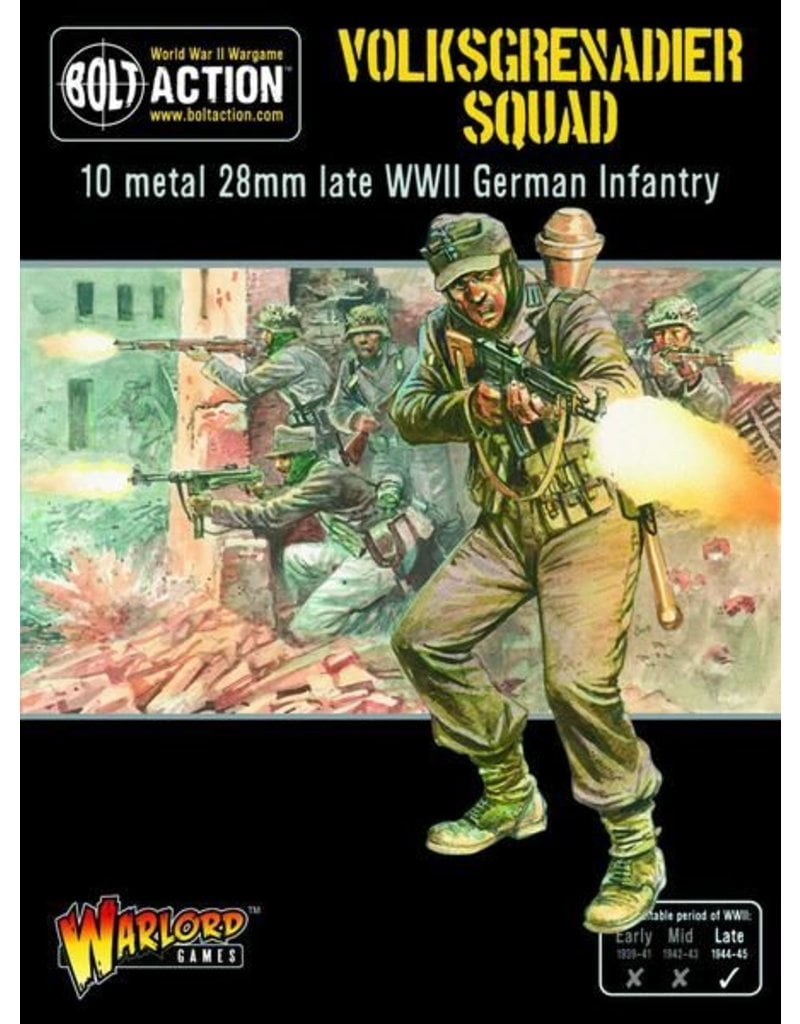
But Israel has appeared more reticent to challenge Putin and his narrative, according to some observers, because of its current security interests. Israel has butted heads with certain countries, including Poland, over the memory of the Holocaust. Stories of the last cohort of Holocaust survivors constantly make the news. Schoolchildren, trade groups and soldiers make regular trips to Yad Vashem’s museum. The country comes to a two-minute standstill on its Holocaust remembrance day. The Holocaust is central to Israel’s national identity. “Whoever deals with the period of the Holocaust must first and foremost be committed to the complex reality that occurred then and not with wars over memory that exist today,” she said. Havi Dreifuss, a historian at Tel Aviv University and Yad Vashem, said the world was now dealing with both Holocaust denial and Holocaust distortion, where countries or institutions were bringing forth their own interpretations of history that were damaging to the commemoration of the Holocaust. Yad Vashem also came out against the legislation. The law angered Israel, where many felt it was an attempt to whitewash the fact that some Poles did kill Jews during the German occupation during World War II. The legislation sought to fight back against claims that Poland, a victim of Nazi Germany, bore responsibility for the Holocaust. Most prominently is Poland, where authorities are advancing a nationalist narrative at odds with mainstream scholarship, including through a 2018 law that regulates Holocaust speech. Putin’s attempts to stretch history for political motives is part of a trend seen in other countries as well. That hasn’t stopped Russian officials from comparing Zelenskyy to Jews who were forced to collaborate with the Nazis during the Holocaust.

What’s more, Ukrainian President Volodymyr Zelenskyy is Jewish and has said that three of his grandfather’s brothers were killed by German occupiers while his grandfather survived the war. So this is just total fiction,” said Jonathan Dekel-Chen, a history professor at Jerusalem’s Hebrew University. “In terms of all of the sort of constituent parts of Nazism, none of that is in play in Ukraine. Some of Ukraine’s politicians since 2014 have sought to glorify nationalist fighters from the era, focusing on their opposition to Soviet rule rather than their collaboration and documented crimes against Jews, as well as Poles living in Ukraine.īut making the leap from that to claiming Ukraine’s current government is a Nazi state does not reflect the reality of its politics, including the landslide election of a Jewish president and the aim of many Ukrainians to strengthen the country’s democracy, reduce corruption and move closer to the West. Historians say that, like in other countries, there was also collaboration. Some Ukrainian nationalists welcomed the Nazi occupiers, in part as a way to challenge their Soviet opponents, according to Yad Vashem, Israel’s Holocaust memorial. This goes back to 1941 when Ukraine, at the time part of the Soviet Union, was occupied by Nazi Germany. On Ukraine, Russia has tried to link the country to Nazism, particularly those who have led it since a pro-Russian leadership was toppled in 2014. They say Russia has tried to magnify the Soviet role in defeating the Nazis while playing down any collaboration by Soviet citizens in the persecution of Jews.

Some historians say this has been coupled with an attempt by Russia to retool certain historical truths from the war. In today’s Russia, officials bristle at any questioning of the USSR’s role. World War II, in which the Soviet Union lost an estimated 27 million people, is a linchpin of Russia’s national identity.

Biden to huddle with donors next week as 2024 launch nears


 0 kommentar(er)
0 kommentar(er)
